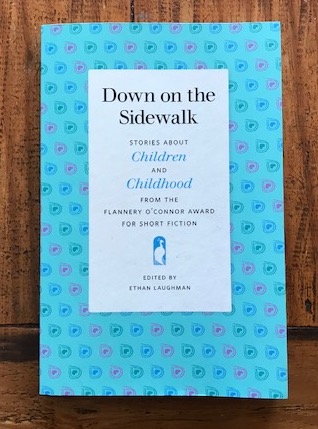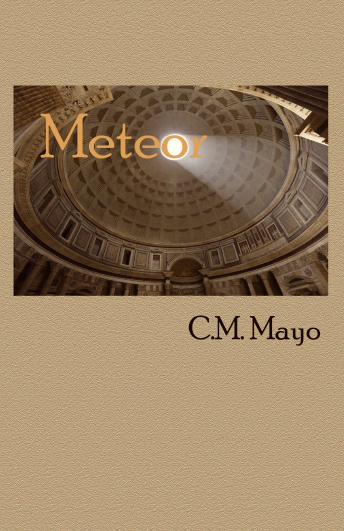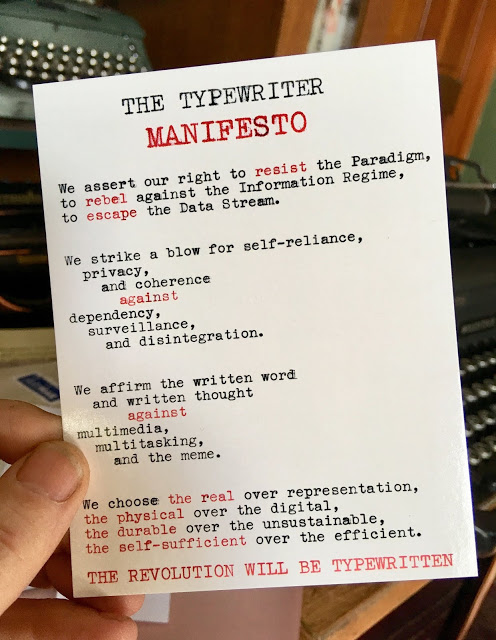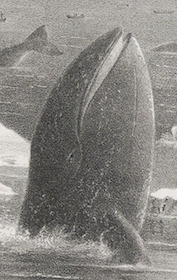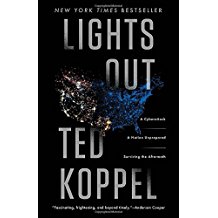

For those interested in my publications, podcasts, and writing workshops, after a loooooong hiatus, I am resuming the newsletter, herewith commencing a new schedule of posting it on Madam Mayo blog every fifth Monday of the month (when there is a fifth Monday, that is to say, a few times a year).
I will also be sending out the newsletter to subscribers via email. If you would like to receive only the emailed newsletter, just zap me an email, I’ll be delighted to add you to my list. (If you’ve already signed up, stay tuned. I’ve had to switch my emailing service from Mailchimp to Mad Mimi, a bit of a process. Long story short, I give Mailchimp a black banana. Mashed in the noggin!)
If in addition or instead you’d like to sign up for the Madam Mayo blog post alerts every Monday via email, just hie on over to the sidebar (or, if you’re on an iphone, scroll down to the end of this post) for the signup. Welcome!
PODCASTS
“WORDS ON A WIRE”: Award-winning writer and Chair of the UTEP Creative Writing Department Daniel Chacón interviews me about my book Metaphysical Odyssey into the Mexican Revolution: Francisco I. Madero and His Secret Book, Spiritist Manual (which includes my translation of Madero’s 1911 book). This interview with Daniel Chacón was a special honor and delight for me because while my book is a work of scholarship, it is at the same time a work of creative nonfiction. It turned out to be a very fun interview, if I do say myself. >> Listen in anytime here.
Still in production, but allllllllmost ready: The MARFA MONDAYS Podcasting Project resumes with #21: a reading of my longform essay “Miss Charles Emily Wilson: Great Power in One.” Researching and writing this rearranged all the furniture in my mind about Texas, the US-Mexico border, Florida, the Indian Wars, and much more… Miss Charles is someone everyone should know about.
RECENT PUBLICATIONS
“Majesty,” one of the stories from my collection Sky Over El Nido (U Georgia Press, 1996), appears in Down on the Sidewalk: Stories About Children and Childhood from the Flannery O’Connor Award for Short Fiction, edited by Ethan Laughman.
My gosh, it’s unsettling to read a story I wrote so long ago (maybe 1993 or 1994?). And “Majesty” is a strange story, and stranger still to be rereading in this age of the iPhone. It’s set in an Arizona luxury golf resort / spa in the late 1980s / early 1990s–another world, so to say, and on multiple levels. I recall the fun I had playing with the Alice in Wonderland imagery– I had recently been introduced by Douglas Glover to the German novel The Quest for Christa T. and the idea of the story as a net, an important influence on my fiction writing ever since.
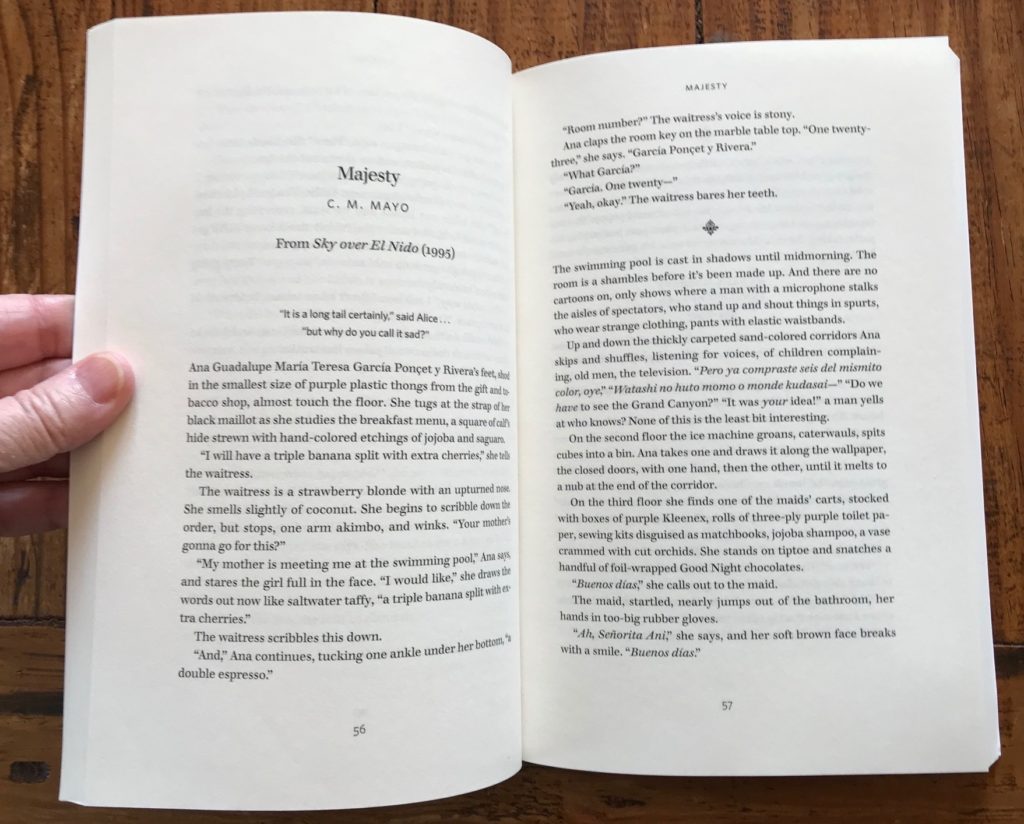
Get your copy from all the usual suspects, including amazon.com
GIVAL PRESS POETRY AWARD CONTEST
JUDGED BY YOURS TRULY
Back in January, as the winner of the most recent Gival Press Poetry Award (for Meteor), I selected the winner for this year from an excellent batch of anonymous manuscripts. Here’s the press release from Gival Press:
February 6, 2020
For Immediate Release
Contact: Robert L. Giron
(Arlington, VA) Gival Press is pleased to announce that Matthew Pennock has won the Gival Press Poetry Award for his collected titled The Miracle Machine. The collection was chosen by judge C.M. Mayo. The award has a cash prize of $1,000.00 and the collection will be published this fall.
“With a craftsman’s deftest precision and a thunder-powered imagination on DaVinci wings, the author recreates a lost world within a lost world that yet—when we look—shimmers with life within our world. Elegant, wondrously strange, The Miracle Machine is at once an elegy and a celebration, tick-tock of the tao.”
—C.M. Mayo, author of Meteor
About the Author
Matthew Pennock is the author of Sudden Dog (Alice James Books, 2012), which won the Kinereth-Gensler Award. As per the terms of that award, he joined the board of Alice James Books in 2011, In 2014, he co-created AJB’s editorial board with executive editor Carey Salerno, and then became the board’s first chairperson, a position he held until 2020. He received his MFA from Columbia University and his PhD from the University of Cincinnati. His poems have been widely published in such journals as Gulf Coast, Denver Quarterly, Western Humanities Review, Guernica: A Magazine of Art and Politics, New York Quarterly, LIT, and elsewhere. He currently owns and operates a learning center outside of Washington, D.C.
In case you missed it, here’s all the info about my poetry collection Meteor, which was published by Gival Press last spring, 2019.
SELECTED RECENT MADAM MAYO BLOG POSTS
Patti Smith’s Just Kids and David M. Wrobel’s Global West, American Frontier
Oscar Wilde in West Point, Honey & Wax in Brooklyn
Workshop Posts (every second Monday of the month):
Donald M. Rattner’s My Creative Space
This Writer’s PFWP and NTDN Lists: Two Tools for Resilience and Focus
A Refreshing Tweak: The Palomino Blackwing Pencil
Q & A
Q & A with Joanna Hershon on her New Novel St. Ivo
WORKSHOPS
I am working on a book so I have no workshops yet scheduled for 2020. For my students, and anyone else interested in creative writing, I will continue to post on some aspect of craft and/or creative process here at Madam Mayo blog on the second Monday of the month.
> View the archive of Madam Mayo workshop posts here.
Meanwhile, I’m putting together a new workshop on applying poetic techniques to fiction and creative nonfiction… More news about that in the next newsletter.
# # #
CYBERFLANERIE
(INSPIRING, INTERESTING, AND/OR USEFUL GLEANINGS)
My typosphere guru, philosopher Richard Polt, has posted about the dance based on his “Typewriter Manifesto”!
How to smombify millions of otherwise healthy, active, and creative people or, electrical failure as last defense: Nicholas Carr on TikTok.
Let’s be frank, shall we? Leslie Pietrzyk offers tips on post-MFA etiquette at Work-in-Progress.
BRAAAAAAAVOOOOOOOOOO, Judith Boyd!!!! What to Wear in Honor of the Death of a Significant Friend is a highly unusual essay well worth reading thrice.
Patricia Dubrava on Little Women
Andrea Jones “On Not Riding”
Philosopher Jeremy Naydler on light and thought. Poets and literary writers may find this especially energizing. (Not for those who get cooties from any whiff of woowoo, however.)
Clifford Garstang, who did a Q & A for this blog in 2019, has posted his annual Literary Magazine rankings. Dear writerly readers looking to publish, while of course his, mine, yours, or anyone’s rankings of literary magazines are subject to debate, take this as a valuable and free resource!
Speaking of publishing, that usually involves a heaping helping of rejections. Well, I say, micro freaking deal! Rev that sense of humor! Need some assistance in that department? Here’s what Jia Jiang learned from 100 days of rejection:
#
There’s more to Mexico than beaches & pyramids & Frida chunches… (Chunches: That’s Mexican for tchotchkes. Not to be confused with Ughyur raisin-drying facilities.) For anyone interested in the rich cultural heritage of Mexico, check out Richard Perry’s long-ongoing blog, Arts of Colonial Mexico. Richard writes: “For the New Year, we plan to highlight monuments and art works in Oaxaca and Yucatan as well as in Guanajuato, Puebla and Tlaxcala.”
#
An email from Danuta E. Kosk-Kosicka, editor of Loch Raven Review:
Dear Fellow Translators,
I want to spread the word about Loch Raven Review’s role in showcasing poetry translated from a variety of languages, featuring as a rule one language per each issue’s bilingual section. Since 2011, when I accepted the responsibility of the Poetry Translations Editor, Loch Raven Review has featured 21 sections of poetry in translation. I’ve compiled a list of all the sections, starting with the Spanish language, followed by the expected and unexpected languages, such as Catalan, Mayan or Kurdish, at http://danutakk.wordpress.com/loch-raven-review/
I’ve made it a point to engage local area translators, starting with Yvette Neisser and Patricia Bejarano Fisher, then Nancy Naomi Carlson, Barbara Goldberg, Katherine E. Young, Nancy Arbuthnot, Zeina Azzam, and then Zackary Sholem Berger, Xuhua Lucia Liang, and Maritza Rivera in the most recent LRR Volume 15, No. 2, 2019.
Also, since 2018 we’ve been busy catching up with LRR print volumes. In 2019 we published Volumes 10-13!
You may enjoy them at http://thelochravenreview.net/loch-raven-press-books/ and on our Facebook page.
Vol. 14 is going to press soon.
Starting in 2018 we have nominated four translations for the Pushcart Award.
I feel proud and happy to be able to bring together poets who write in such a variety of languages, and the translators who make the poems available to the English language readers.
Wishing you all a peaceful, creative, and joyful 2020,
Danka
Danuta E. Kosk-Kosicka
#
Emma Lawton on “What Parkinson’s Taught Me”:
#
There is nothing you cannot do! Says Tao Porchon-Lynch, the world’s oldest yoga teacher– who recently passed away at 101. She made 98 look like 18. Bless you, Tao.

Cyberflanerie: Bill Cunningham, Brattlecast,
Rudy Rucker, Sturmfrei & More
“The Typewriter Manifesto” by Richard Polt,
Plus Cyberflanerie on Technology
#
Find out more about
C.M. Mayo’s books, articles, podcasts, and more.

